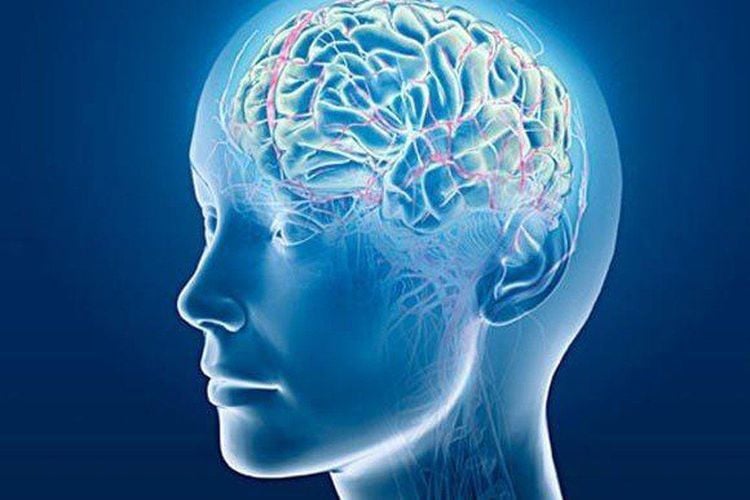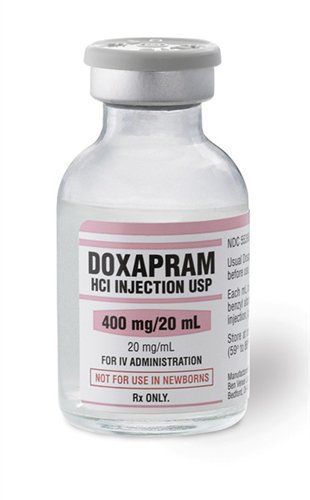This is an automatically translated article.
The article was professionally consulted by Specialist Doctor I Ho Quoc Tuan - Anesthesiologist - General Surgery Department - Vinmec Nha Trang International General Hospital. Doctor Quoc Tuan has many years of experience in the field of Anesthesia - Resuscitation.The extent to which a patient recovers from a traumatic brain injury depends very much on the rehabilitation process. After surgery, if the patient has no signs of bleeding, pulse, blood pressure does not fluctuate, they can be transferred to the postoperative recovery room.
1. Traumatic brain injury and its consequences
Traumatic brain injury has a very high mortality rate, even with successful surgical treatment, patients can experience complications with serious and lifelong consequences. The main cause of traumatic brain injury comes mainly from traffic accidents, work accidents, violence and sports injuries.Traumatic brain injury is one of the signs of brain damage. The brain is the control center for all functions of the body, when the brain is damaged, it means that all conscious or unconscious activities of the body are damaged. These injuries leave great mental damage, causing cognitive, behavioral and memory distortions, vegetative states, and even death.

2. Resuscitation after surgery for traumatic brain injury
Patients with traumatic brain injury, if they are lucky enough to receive timely emergency care and successful surgery, have a good chance of survival. However, the consequences of a traumatic brain injury will follow the patient for the rest of his life. Resuscitation after traumatic brain injury will help patients monitor their status, stabilize vital signs and minimize possible complications.After surgery, patients need to be monitored and detected problems related to respiratory, cardiovascular, temperature, neurological and urinary problems. Specifically:
2.1 About breathing To limit breathing problems, when moving to the recovery room after surgery, the patient needs to be in the right position. If the patient is still comatose: lay the head flat, face to one side, put a pillow behind the back with the chin extended, knees bent, pillow between the legs. If the patient is awake, place the patient in the Fowler position.
In the recovery room after surgery, the patient may appear conditions such as:
Airway obstruction due to tongue drop, sputum congestion, laryngospasm, laryngeal edema due to endotracheal intubation. At this time, the patient needs to be cleared of the airway, aspirated viscous sputum and vomit (aspiration should be careful when the patient cuts amygdal). Note that the lungs are auscultated before and after aspiration sputum. Hypoxia due to atelectasis, pulmonary edema, pulmonary embolism, bronchospasm. Nurses need to provide enough oxygen, always prevent the risk of hypoxia for the patient by performing oxygen supply orders through mechanical ventilation, squeezing the balloon. Decreased ventilation due to respiratory depression, respiratory paralysis due to muscle relaxants, anesthetics, restricted breathing due to pain. In this case, the nurse is responsible for monitoring the patient's breathing and signs of shortness of breath. If your breathing rate is faster than 30 times/minute or slower than 15 times/minute, report it to your doctor right away. In any case, if the patient has abnormal respiratory symptoms, the nurse must immediately report it to the doctor.
2.2 Cardiovascular Many patients after surgery will have a drop in blood pressure due to bleeding through the incision, through drainage, clinical signs of anemia such as: rapid pulse, decreased blood pressure, pale skin. In addition, nurses need to monitor the patient's signs of loss and excess of water, signs of dehydration such as skin pinch marks, thirst, dry lips, dry mucous membranes. Therefore, the patient must be evaluated regularly to help the doctor accurately balance the status of the country in order to avoid the risk of acute kidney failure.
In the postoperative recovery room, the patient is always placed with a continuous electrocardiogram for critically ill patients, people with heart disease, the elderly, gently supported to avoid postural hypotension, administering fluids and blood transfusions. exactly as ordered the number of drops, the time and record the total water in and out per hour/24 hours (or according to the order).
2.3 About temperature: Patients are always monitored regularly for temperature Many patients have sudden rise and fall in body temperature after surgery. With hyperthermia, the patient may have a mild fever due to dehydration or the body's reaction after surgery. The cases of patients with hypothermia are caused by: wetness, the elderly, malnutrition, environmental temperature, exhaustion...
To limit the rise and fall of the patient's body temperature After surgery, nurses need to monitor and take specific measures such as: When the temperature rises, it is necessary to take care of the patient's fever; For the elderly, seriously ill, malnourished, patients often have hypothermia, so they need to be kept warm.

In addition to the above signs, the patient will have tremor due to too low ambient temperature, blood transfusion, too cold fluid, too long operation time, the elderly, the patient is malnourished, drug reaction.
2.5 Urology Many patients after surgery have signs of urinary tract abnormalities such as urine color, urinary obstruction, signs of edema due to lack of water and electrolyte disturbances. Therefore, nurses need to regularly monitor the water in and out every hour, the total water in and out in 24 hours, the nature, color, and quantity of urine. In case of urethral catheterization, care should be taken to clean the genitals and urethral catheterization system.
Vinmec International General Hospital is one of the hospitals that not only ensures professional quality with a team of leading medical doctors, modern equipment and technology, but also stands out for its examination and consultation services. comprehensive and professional medical consultation and treatment; civilized, polite, safe and sterile medical examination and treatment space.
Please dial HOTLINE for more information or register for an appointment HERE. Download MyVinmec app to make appointments faster and to manage your bookings easily.














